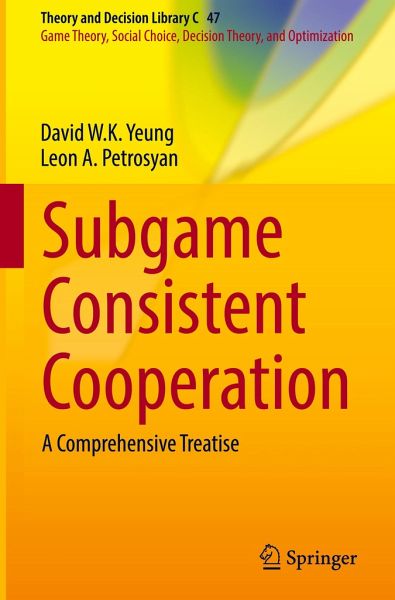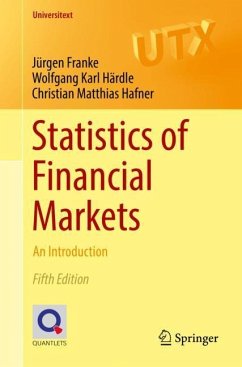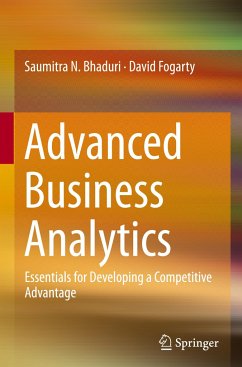
Subgame Consistent Cooperation
A Comprehensive Treatise
Versandkostenfrei!
Versandfertig in 6-10 Tagen
77,99 €
inkl. MwSt.
Weitere Ausgaben:

PAYBACK Punkte
39 °P sammeln!
Strategic behavior in the human and social world has been increasingly recognized in theory and practice. It is well known that non-cooperative behavior could lead to suboptimal or even highly undesirable outcomes. Cooperation suggests the possibility of obtaining socially optimal solutions and the calls for cooperation are prevalent in real-life problems. Dynamic cooperation cannot be sustainable if there is no guarantee that the agreed upon optimality principle at the beginning is maintained throughout the cooperation duration. It is due to the lack of this kind of guarantees that cooperativ...
Strategic behavior in the human and social world has been increasingly recognized in theory and practice. It is well known that non-cooperative behavior could lead to suboptimal or even highly undesirable outcomes. Cooperation suggests the possibility of obtaining socially optimal solutions and the calls for cooperation are prevalent in real-life problems. Dynamic cooperation cannot be sustainable if there is no guarantee that the agreed upon optimality principle at the beginning is maintained throughout the cooperation duration. It is due to the lack of this kind of guarantees that cooperative schemes fail to last till its end or even fail to get started. The property of subgame consistency in cooperative dynamic games and the corresponding solution mechanism resolve this "classic" problem in game theory.
This book is a comprehensive treatise on subgame consistent dynamic cooperation covering the up-to-date state of the art analyses in this important topic. It sets out to provide the theory, solution techniques and applications of subgame consistent cooperation in a wide spectrum of paradigms for analysis which includes cooperative dynamic game models with stochastic state dynamics, with uncertain future payoffs, with asynchronous players' horizons, with random cooperation duration, with control spaces switching and with transferable and nontransferable payoffs. The book would be a significant research reference text for researchers in game theory, economists, applied mathematicians, policy-makers, corporate decision-makers, and graduate students in applied mathematics, game theory, decision sciences, economics and management sciences.
This book is a comprehensive treatise on subgame consistent dynamic cooperation covering the up-to-date state of the art analyses in this important topic. It sets out to provide the theory, solution techniques and applications of subgame consistent cooperation in a wide spectrum of paradigms for analysis which includes cooperative dynamic game models with stochastic state dynamics, with uncertain future payoffs, with asynchronous players' horizons, with random cooperation duration, with control spaces switching and with transferable and nontransferable payoffs. The book would be a significant research reference text for researchers in game theory, economists, applied mathematicians, policy-makers, corporate decision-makers, and graduate students in applied mathematics, game theory, decision sciences, economics and management sciences.












